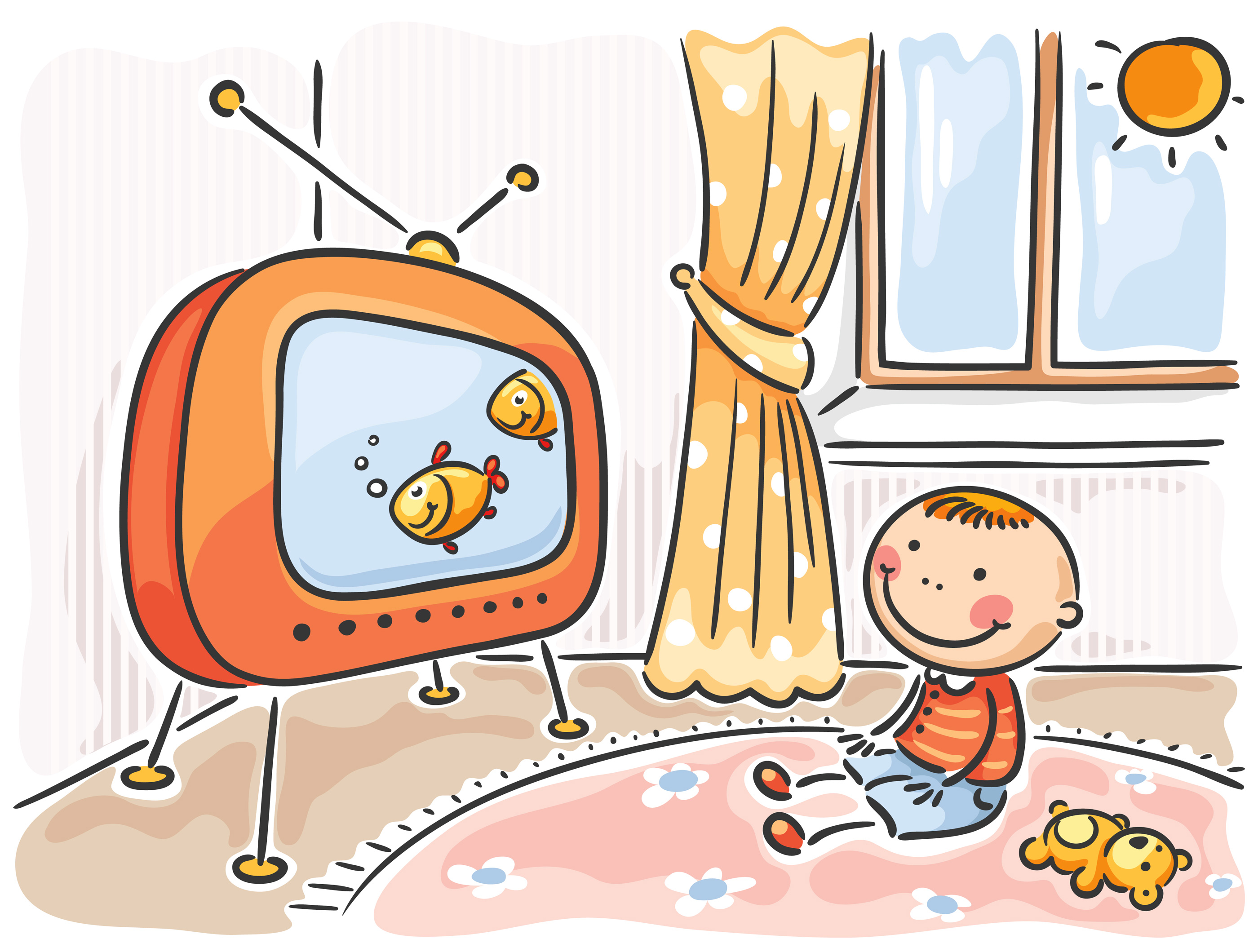
MOVIES and TV shows neither harm children’s cognitive abilities nor shorten their attention span in the short-term, according to a recent study by researchers at Keele University in the UK.
They presented their findings recently at the British Psychological Society’s Developmental Psychology Section annual conference in Amsterdam.
Previous research said that placing TV sets in your children’s room could put them at higher risk of being overweight in later life and kids who spend 15 minutes or more watching TV are likely to get less creative.
Dr Nicholas Reyland, senior lecturer in music and film studies at KU, outlined that the context for the team’s research was parents’ concern that the complex visual footage and sound effects in movies and TV shows could be intrinsically harmful, making it harder for children to absorb information and follow the story line.
Dr Reyland was inspired to work on the study after observing his own children develop a preference for more relaxed, vintage series and wondered himself what kind of effect the increasingly frenetic pace of children’s television programming could bring. To tackle the question, Dr Reyland and his colleagues visited the homes of 41 children: 21 three-year-olds (13 girls and eight boys) and 20 four-year-olds (10 girls and 10 boys).
“We thought it was important to observe them in a naturalistic setting,” said Dr Reyland, adding that all children involved in the study were at least vaguely aware of the series before the experiment. They observed them watching both a vintage and a modern version of Postman Pat after which they were given comprehension tests and a cognitive task using a popular toy called Block Buddies.
Dr Reyland said that the children paid more attention to the modern, fast-paced version of the series, but that it made no difference in their behavior or in their ability to perform following viewing. In fact, they performed slightly better on the cognitive task afterwards, although the younger set was the least attentive to the material.
“It’s reassuring to discover that fast-paced programs have no detrimental effects on young children’s behaviour in the short-term, and important to know that they sustain children’s attention and may even give them a slight boost in ability to undertake other tasks,” concluded lead author Dr Alexandra Lamont, a senior lecturer in music psychology, although she cautioned that many questions remained regarding this complex area of research.



